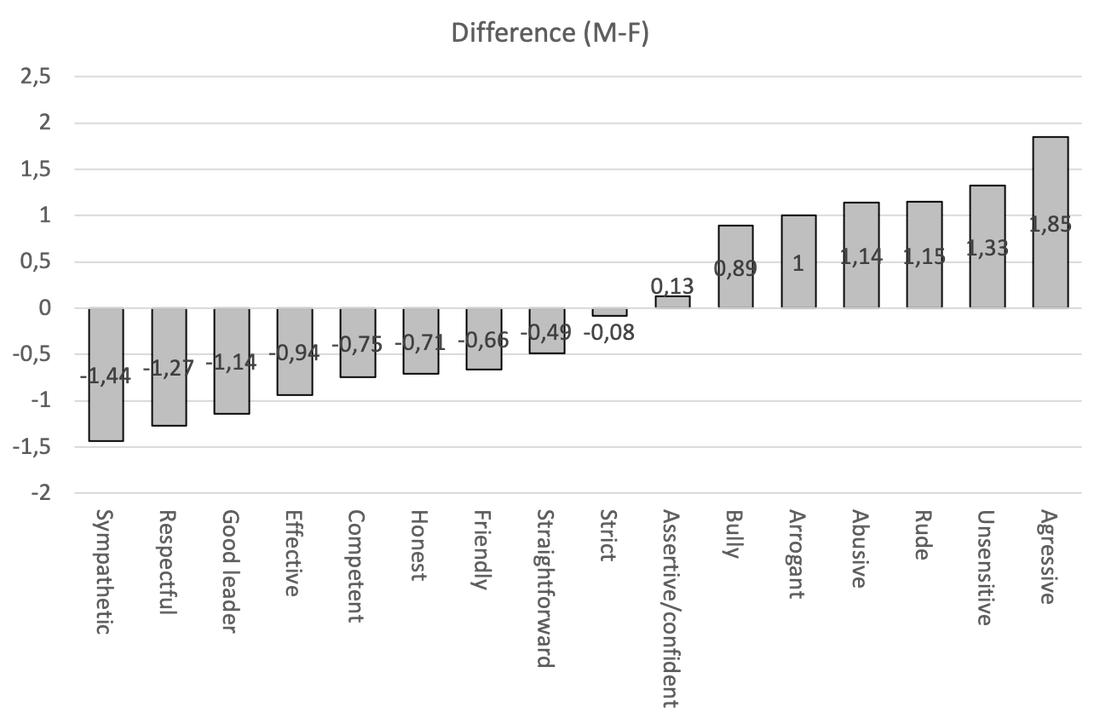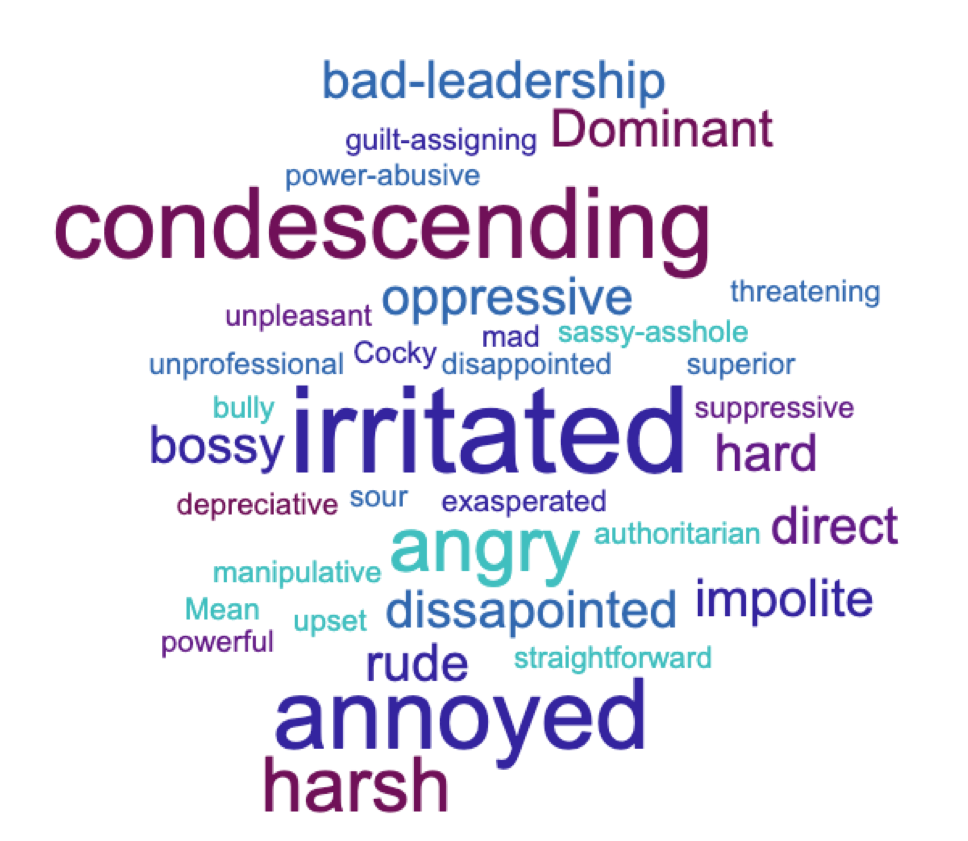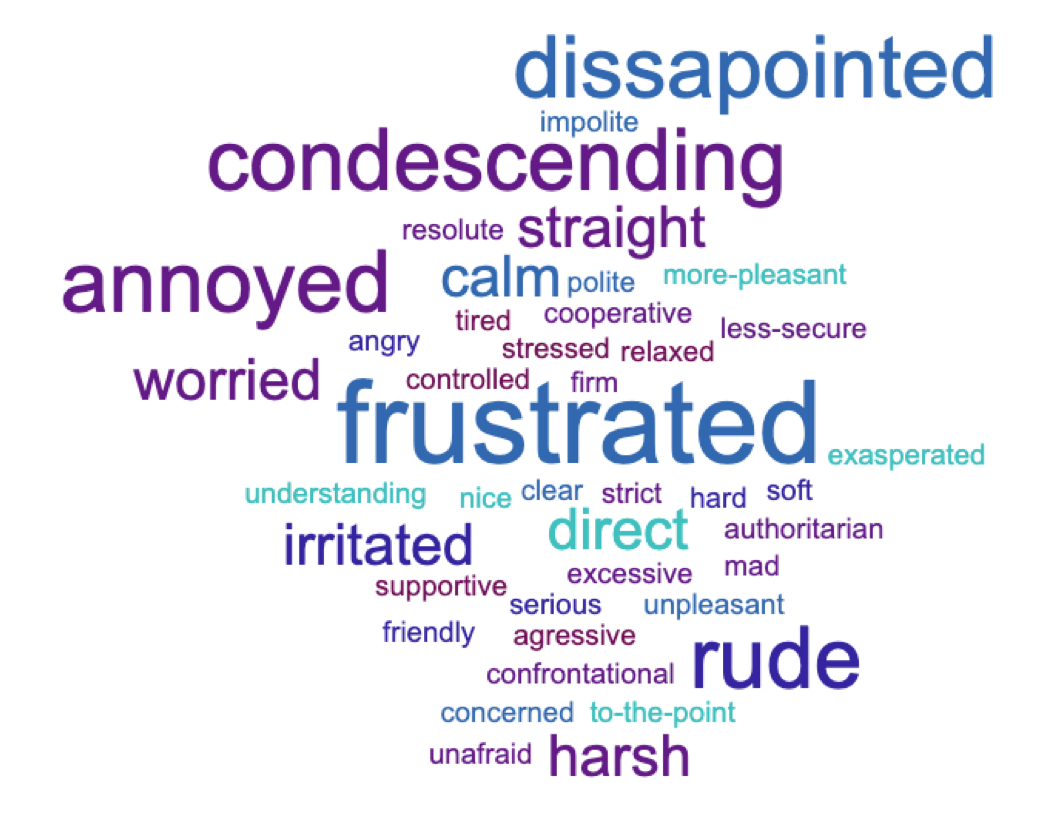Gender and Leadership (scene 2)
| ||||||||||||||||||
| gender_and_leadership_script.pdf |
|
Version A: Male boss, female subordinate
|
Version B: Female boss, male subordinate
|
|
Version c: Female boss, female subordinate
|
Version D: Male boss, male subordinate
|
The scenarios can be combined in any fashion that you want. We do however advice you to leave time (a day or so) between each survey so that one does not remember and refer to what one has said in a previous survey. Want to try?
If you want to try out the case with your own class use QR-codes/links below for ready packages, but contact mats.deutschmann@oru.se if you want to do this with a group so that we can set up a specific group for you and give you access to the results.
Four versions
|
Version A: (Do this first) Male boss; female subordinate.
www.surveymonkey.com/r/9LMZ9Y2 |
Feel free to use the template for debriefing below - note that figures etc. should be replaced with your own results.
| debriefing_template_leadership.pptx |
|
Link to post-survey. Please let participants answer this after the seminar discussion!
https://www.surveymonkey.com/r/R7N92JX |
Some Results from Previous Trials
The above findings were also confirmed by the free text responses on the first impressions of the boss (Robin) and the subordinate (Kim). Below are wordcloud images of the adjectives and descriptive phrases used to describe the two characters in the two versions.
Figure 1. Word clouds of descriptions of male boss (Robin) and female subordinate (Kim)
Figure 2. Word clouds of descriptions of female boss (Robin) and male subordinate (Kim)
References
Holmes, Janet. 2005. “Leadership Talk: How do Leaders “Do Mentoring”, and Is Gender Relevant?”. Journal of Pragmatics 37 (11): 1779–800. https://doi.org/10.1016/j.pragma.2005.02.013
Soukup, Barbara. 2013. “On Matching Speaker (Dis)guises – Revisiting a Methodological Tradition. In Language (De)standardisation in Late Modern Europe: Experimental Studies edited by Tore Kristiansen and Stefan Grondelaers, 267–85. Oslo: Novus.
Holmes, Janet. 2005. “Leadership Talk: How do Leaders “Do Mentoring”, and Is Gender Relevant?”. Journal of Pragmatics 37 (11): 1779–800. https://doi.org/10.1016/j.pragma.2005.02.013
Soukup, Barbara. 2013. “On Matching Speaker (Dis)guises – Revisiting a Methodological Tradition. In Language (De)standardisation in Late Modern Europe: Experimental Studies edited by Tore Kristiansen and Stefan Grondelaers, 267–85. Oslo: Novus.









